Vitamins To Grow Taller: 6 Key Nutrients For Height
A detailed guide on all essential vitamins that may help increase height.

Image: shutterstock
Your genes majorly determine your height. But have you ever wondered why someone might not even reach the height determined by their genes?
In many cases, the reason could be a vitamin deficiency. While you cannot directly use vitamins to grow taller, they may play a major role in growth and development. They help make your bones stronger and healthy. However, this is only possible when you supply all the required nutrients to your body along with all the required vitamins. The body needs many vitamins like B1, B2, D, E, and C.
Many studies have stated that eating only particular foods containing few vitamins may not contribute to a growth in height. Hence, a diet coupled with all the required beneficial nutrients will help you in multiple ways and may help support linear growth and maximize height. In this article, we have listed the vital vitamins and minerals your body needs and have discussed how they will affect your height. Including foods rich in these nutrients may promote your growth and development. More importantly, they can also contribute to your overall health and wellness. Continue reading to know more.
Note: Please be informed that your body stops growing after a certain age, and adequate nutrition may only promote health from then on (and not contribute to your physical height in any way).
In This Article
Vitamins To Grow Taller
1. Vitamin D

This is the most important vitamin that contributes in making the bones strong and long. When a person does not get vitamin D in the required dosage, his bones and teeth become weak. Apart from sunlight, which is the major source of vitamin D, you can also increase your intake by including vitamin D-rich foods in your diet such as vitamin D-fortified milk and mushrooms – This will certainly enable you to achieve the height you are destined to reach genetically. Vitamin D may also contribute to achieving optimal height by helping the body effectively absorb phosphorus and calcium which are important for the growth of the bones.

A review published in the Journal of Translational Medicine explored how vitamin D and growth hormones interact in children and their role in supporting growth. The study found that children with growth hormone deficiency often have low vitamin D levels (hypovitaminosis D), which may not improve fully with growth hormone therapy alone. However, taking vitamin D supplements, along with the therapy, may help boost IGF-1 levels, which is a key growth factor. This highlights the importance of addressing vitamin D deficiency in children to support healthy growth and calls for more research to better understand the connection between vitamin D and growth hormones (1).
Austin Wayne, a YouTube vlogger, discusses 5 supplements that are proven to increase height and are backed by scientific research. He says “I took one of the supplements during my growth spurts going from 5.9-6.5 in pretty much a year”. He adds that consuming vitamin D helped in his height increase (i).
 Quick Tip
Quick Tip2. Vitamin B1
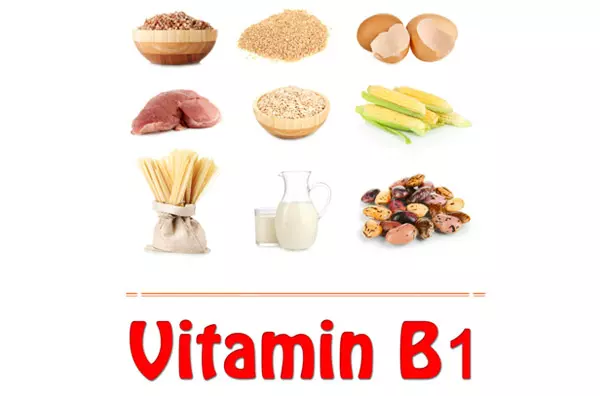
This vitamin can help support achieving optimal height indirectly as it plays a vital role in supporting growth and development. It also helps in regularizing the digestion process. Vitamin B1 contributes to maintaining a healthy heart and nervous system (2), (3). While these may not directly contribute to height, they may support one’s physical well-being, which may help in this regard. Some common sources of vitamin B1 are rice, peanuts, pork, and soybeans (4).
3. Vitamin B2 (Riboflavin)
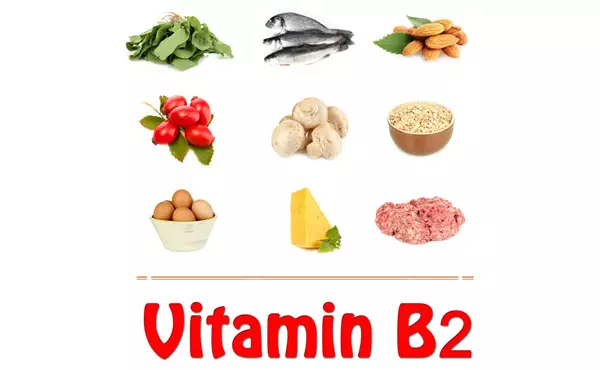
Riboflavin is also known as vitamin B2. It is the best vitamins for height boost. It is a crucial vitamin that helps in increasing height. It supports the growth of bones, skin, hair, and nails (5). Foods rich in riboflavin include eggs, fish, milk, and green leafy vegetables (6).
4. Vitamin C (Ascorbic Acid)
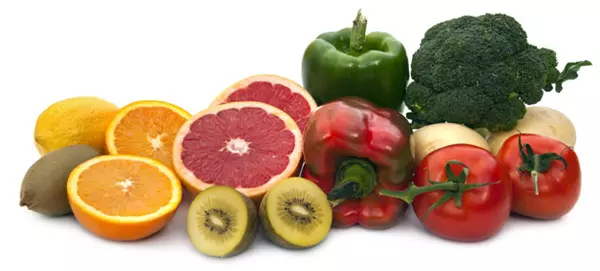
This vitamin is also known as ascorbic acid which contributes to strengthening the bones and teeth and promoting their growth (7). It is a rich antioxidant that helps boost immunity and prevents illness (8). Rich sources of this vitamin are tomatoes, potatoes, citrus fruits, and berries (9). These are the fruits and vegetables help you grow taller.
While the above-mentioned vitamins support optimal growth, supplements alone may not ensure optimal growth. It is also important to include essential minerals (calcium, phosphorus) and a healthy balance of macronutrients (carbohydrates, fats, and proteins) in your diet to ensure optimum growth, which is key to attaining your genetic height potential.
5. Vitamin A (Retinol)

Vitamin A is crucial for maintaining strong and healthy bones, as it contributes to bone growth and development (10). It also boosts growth hormone stimulation, which is required for growth and development (11). It is important to note that when the growth plates fuse together in late adolescence, further height increase becomes unlikely. That is why a balanced diet rich in different nutrients, including vitamin A becomes essential as it improves vision and boosts immunity (11). Include vitamin A-rich foods such as leafy greens, mangoes, tomatoes, beef liver, milk and eggs in your regular diet to help meet the daily requirement.
 Did You Know?
Did You Know?6. Calcium

Calcium is one of the most important minerals required by the body to enhance and optimize bone growth. A review published in the journal Clinical Biochemistry highlighted the critical role of calcium in maintaining bone health across all life stages. During childhood and adolescence, adequate calcium intake supports bone development and helps achieve peak bone mass in early adulthood. Studies show that calcium intake improves bone mineral retention up to a certain threshold, with recommended daily amounts of 1140 mg for boys and 1300 mg for girls. In older adults, calcium reduces bone loss by 0.5–1.2% and lowers fracture risk by at least 10%, emphasizing its importance in preventing osteoporosis (12).
A regular intake of calcium can support the longevity and strength of your bones. The major sources of calcium are milk and other dairy products (13). It can also be obtained from other food sources such as collards, spinach, fortified soy products and turnip greens. These are also the same foods that help kids grow taller. Along with calcium, phosphorus too helps in promoting the growth of bones (14).
Key Takeaways
- Vitamin deficiency may also prevent people from reaching their complete height.
- Strong bones and growth spurt may be promoted by vitamins B1, B2, D, E, and C
- Vitamin D and calcium are very important for stronger and longer bones that help in height increase.
- Vitamin B1 may help support growth and development, while Vitamin B2 may help in increasing height.
Age-wise Guidelines for Calcium Intake:
- 1 to 3 years: 500 mg calcium
- 4 to 8 years: 800 mg calcium
- 9 to 18 years: 1300 mg calcium
- 19 to 50 years and above: 1000 to 1200 mg calcium
Some of the richest sources of phosphorous include fish, peanuts, and meat. Keep reading to check out some practical tips and a sample diet plan to ensure your body gets plenty of vitamins and minerals.
Practical Tips And Sample Diet Plan
Aside from having foods that are rich in the six essential vitamins, try following these tips as well:
- Choose fortified plant-based milk alternatives (almond, soy, oat) or cereals for an extra calcium boost.
- Spend some time in the sun (10–15 minutes daily) to allow your body to produce vitamin D.
- Opt for nuts, seeds, and Greek yogurt for a protein boost between meals.
Here is a sample plan that incorporates the essential nutrients for height:
- Breakfast: Oatmeal with fortified milk (Vitamin D) and a handful of nuts (Vitamin B1)
- Snack: A citrus fruit like an orange (Vitamin C)
- Lunch: Grilled chicken with a cup of cooked brown rice with a side of spinach and mixed vegetables (Vitamins A and B2)
- Snack: A smoothie made with kale, mangoes, and yogurt (Calcium and Vitamin A)
- Dinner: Baked or grilled fish such as salmon (Vitamin D) with a side of broccoli (Vitamin C)
It is important to understand that reaching your full height potential is a complex process influenced by a variety of factors. Let’s take a look at them in the next sections
Role Of Other Factors
While vitamins and minerals certainly play a role in supporting healthy growth and development, they are not the sole determinants of how tall you will be.
Genetics plays a significant role in setting the upper limit for your height. The genes provide a blueprint, outlining your potential height. However, this blueprint can be influenced by various factors throughout your growth period.
Nutrition is another important factor. A balanced diet rich in essential nutrients provides the building blocks for strong bones and tissues. However, simply taking vitamin supplements will not magically make you taller if your overall diet is lacking.
Physical activity, particularly exercises that promote bone growth and good posture, can also contribute to maximizing your height potential. Regular exercise, such as stretching, yoga, and strength training, can help improve flexibility, strengthen muscles, and promote proper spinal alignment.
Therefore, adopting a holistic approach is key to supporting optimal height. Focus on a well-rounded diet, regular exercise, and adequate rest. These factors work together to create an environment that supports optimal growth and development. While you cannot change your genetics, you can certainly optimize the conditions that allow you to reach your full potential.
Infographic: 5 Important Nutrients To Help You Grow Taller
While genetics play a large role in our development, consuming an adequate amount of essential vitamins and minerals each day will help you grow tall. To help you out, we have rounded up a list of the five important nutrients you must include in your diet to increase your height. Check out the infographic below to know more!
Some thing wrong with infographic shortcode. please verify shortcode syntax
Your genetics predominantly determine your height. However, some people end up experiencing stunted growth during their adolescence, after puberty hits, despite being genetically predisposed to reaching a good height. The main reason for this is nutritional deficiencies, especially in vitamins like D, B1, B2, C, and minerals like calcium. These nutrients contribute to stronger and healthier bones and support the growth of the body. So, consume foods rich in these vitamins to grow taller. For maximum results, exercise every day and engage in sports activities like aerobics, cycling, and swimming to improve your body’s metabolism and growth.
Frequently Asked Questions
Can zinc make you taller?
Yes. Zinc supplementation was found to increase height in school children without any adverse reactions (15).
Does milk make you taller at 18?
The height of a person depends not only on nutrition alone. Several other factors, like growth hormones and genetics, play a role. Milk only supplies the nutrients your body lacks, like calcium and vitamins A and D, which help in bone development. Vitamin K and magnesium are also essential vitamins and minerals (respectively) for building healthy bones and supporting optimal linear growth.
Are there any pills to grow taller?
No, there are no pills to help grow taller. As discussed above the height of a person depends majorly on their genes.
Does height increase after 18?
Height may or may not increase after the age of 18. Though most adolescents attain their final height by the age of 18, there are chances that some can grow taller after 18, especially if the skeletal maturation happens late (17).
Does vitamin B12 help become taller?
Vitamin B12 will not make you taller than the peak height. However, consuming vitamin B12-rich foods from childhood can help in overall growth (18).
What is peak height?
The peak height velocity is the period of time where the maximum rate of growth occurs. It is also known as a growth spurt.
Was this article helpful? Please share your feedback in the comments section below.
Illustration: Essential Vitamins Which Will Help You Grow Taller

Image: Stable Diffusion/StyleCraze Design Team
Do you want to know how to grow taller naturally? Discover more about the essential vitamins you need to maximize your height by watching the video below.
Personal Experience: Source
StyleCraze's articles are interwoven with authentic personal narratives that provide depth and resonance to our content. Below are the sources of the personal accounts referenced in this article.
i. 5 BEST Supplements To GROW TALLER At Any Age | Austin Waynehttps://www.youtube.com/watch?v=HBnIbewwgLw
References
Articles on StyleCraze are backed by verified information from peer-reviewed and academic research papers, reputed organizations, research institutions, and medical associations to ensure accuracy and relevance. Read our editorial policy to learn more.
- Vitamin D and growth hormone in children: a review of the current scientific knowledge
https://www.ncbi.nlm.nih.gov/pmc/articles/PMC6421660/ - Association between levels of thiamine intake diabetes cardiovascular diseases and depression in Korea: a national cross-sectional study
https://www.ncbi.nlm.nih.gov/pmc/articles/PMC8141681/ - B Vitamins in the nervous system: Current knowledge of the biochemical modes of action and synergies of thiamine pyridoxine and cobalamin
https://pubmed.ncbi.nlm.nih.gov/31490017/ - Vitamin B1 (Thiamine)
https://www.ncbi.nlm.nih.gov/books/NBK482360/ - Riboflavin
https://pubchem.ncbi.nlm.nih.gov/compound/Riboflavin - Riboflavin1 2
https://www.ncbi.nlm.nih.gov/pmc/articles/PMC5015041/ - Vitamin C in Disease Prevention and Cure: An Overview
https://www.ncbi.nlm.nih.gov/pmc/articles/PMC3783921/ - Vitamin C in disease prevention and cure: an overview
https://pubmed.ncbi.nlm.nih.gov/24426232/#:~:text=It%20is%20an%20antioxidant%20that - Vitamin C (Ascorbic Acid)
https://www.ncbi.nlm.nih.gov/books/NBK499877/#:~:text=Citrus%20fruits%2C%20berries%2C%20tomatoes%2C - Vitamin A and its dervatives effect on bone mineral density, a systematic review
https://www.ncbi.nlm.nih.gov/pmc/articles/PMC8797105/ - Vitamin A in Health and Disease
https://www.researchgate.net/publication/332551578_Vitamin_A_in_Health_and_Disease - Calcium and bone
https://pubmed.ncbi.nlm.nih.gov/22609892/ - Calcium Intake Major Dietary Sources and Bone Health Indicators in Iranian Primary School Children
https://www.ncbi.nlm.nih.gov/pmc/articles/PMC4505966/ - Importance of Dietary Phosphorus for Bone Metabolism and Healthy Aging
https://www.ncbi.nlm.nih.gov/pmc/articles/PMC7599912/ - Zinc supplementation enhances linear growth in school-aged children: A randomized controlled trial
https://www.ncbi.nlm.nih.gov/pmc/articles/PMC5768092/ - Vitamin D
https://ods.od.nih.gov/factsheets/VitaminD-Consumer/
- The Final Phase Of Growth In Height
https://pubmed.ncbi.nlm.nih.gov/6638938/ - Acerola, an untapped functional superfruit: a review on latest frontiers
https://pubmed.ncbi.nlm.nih.gov/25802345/
Read full bio of Jenna Volpe
Read full bio of Tanya Choudhary
Read full bio of Arshiya Syeda
Read full bio of Moksha Gandhi




















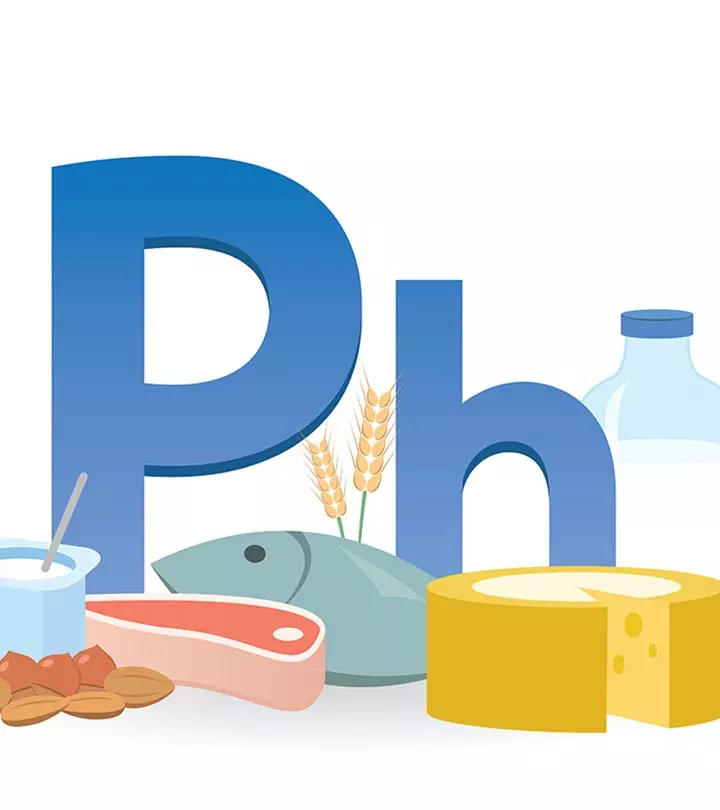


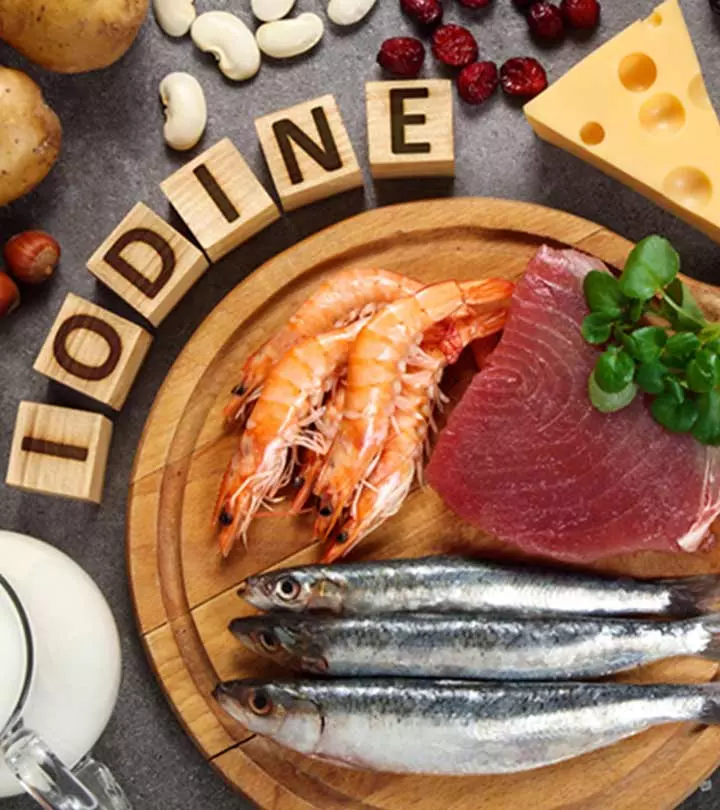

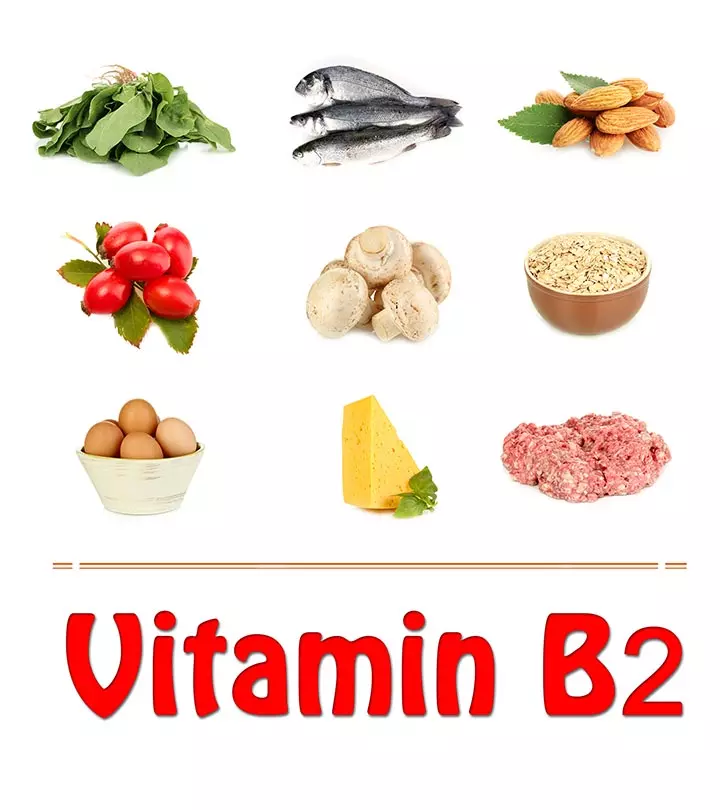
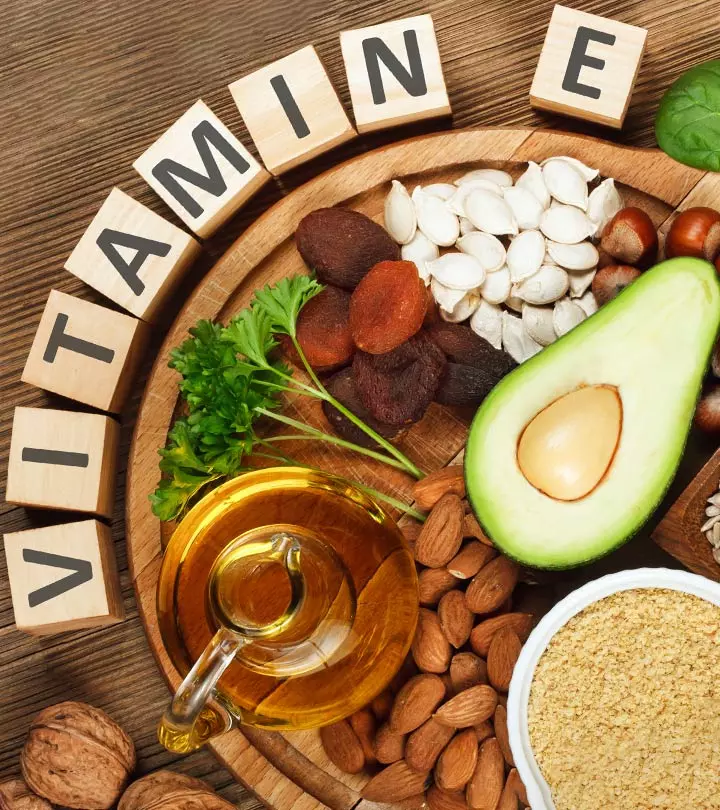
Community Experiences
Join the conversation and become a part of our empowering community! Share your stories, experiences, and insights to connect with other beauty, lifestyle, and health enthusiasts.